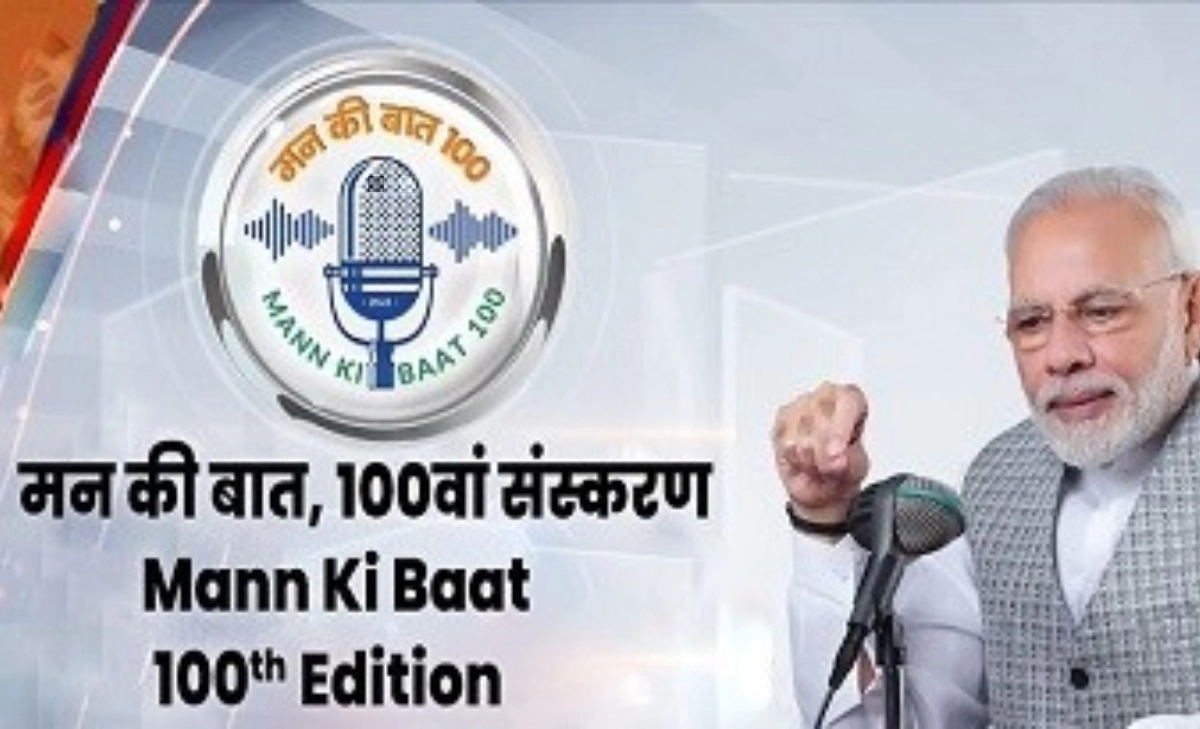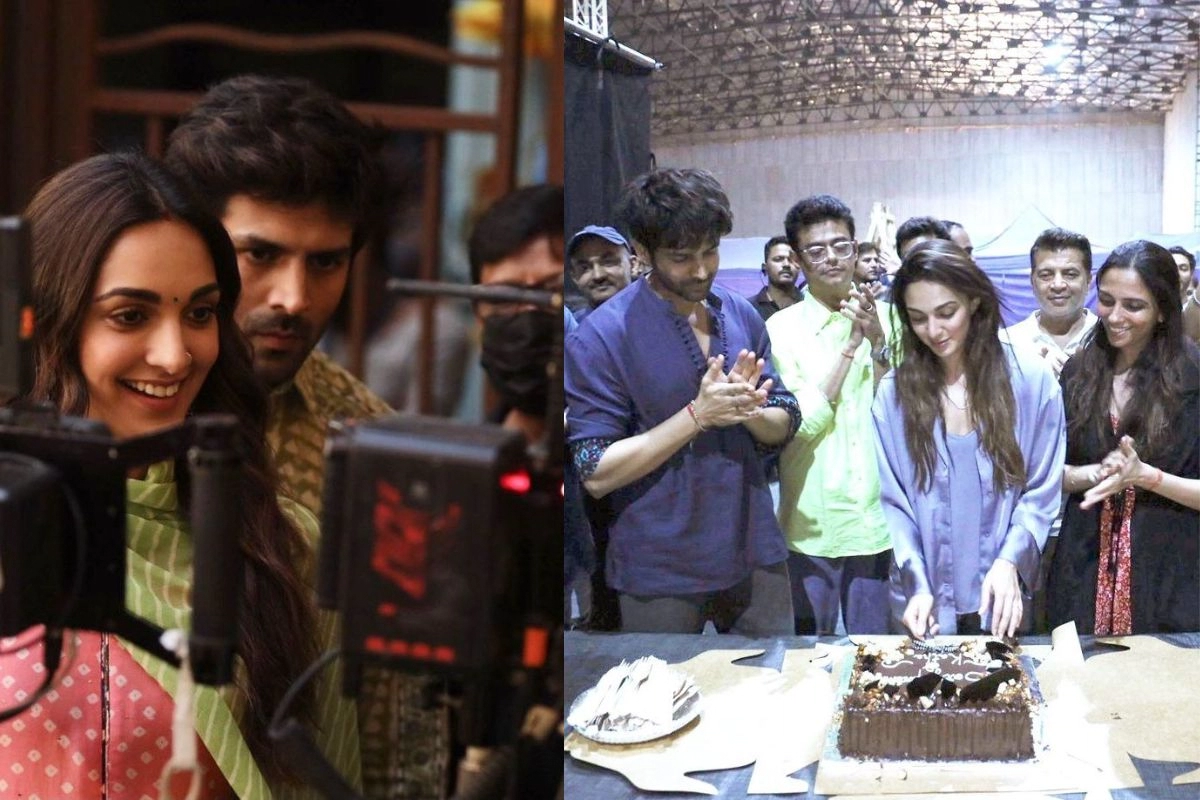India, with its rich history and vibrant culture, is a diverse and expansive country. As the world’s largest democracy, fostering unity and togetherness among its citizens is of utmost importance. A prime example of an initiative that has played a pivotal role in achieving this is “Mann Ki Baat,” a monthly radio address by the Hon’ble Prime Minister Shri Narendra Modi. Today, we celebrate the 100th edition of this remarkable endeavor, which has successfully bridged gaps and provided a platform for people to share their concerns, ideas, and aspirations.
Since its inception in October 2014, “Mann Ki Baat” has been an essential instrument in connecting with millions of Indians nationwide, transcending barriers of language, region, and religion. Airing on the last Sunday of every month, the program has effectively fostered a strong bond between the Prime Minister and the citizens, enabling them to express their thoughts, dreams, and concerns to the government.
The impact of “Mann Ki Baat” on Indian society is multifaceted. For a nation as diverse as India, it is crucial to have initiatives that promote unity, understanding, and a sense of belonging. By addressing issues that resonate with individuals from all walks of life, the program encourages open dialogue and constructive discussions. “Mann Ki Baat” has covered an array of topics, including education, environment, healthcare, women’s empowerment, and national security. Additionally, the Prime Minister shares inspiring stories of ordinary citizens who have made extraordinary contributions to the nation.
Furthermore, “Mann Ki Baat” has acted as a catalyst for several social campaigns and movements, encouraging people to take responsibility for their communities and contribute to societal improvement. For example, the “Swachh Bharat Abhiyan” received extensive promotion through this program, motivating millions of Indians to participate in cleanliness drives and spread awareness about the importance of sanitation and hygiene.
Another critical aspect of “Mann Ki Baat” lies in its ability to bridge the gap between the government and the people. By providing a platform for citizens to directly communicate their concerns and ideas to the Prime Minister, the initiative fosters transparency, accountability, and responsiveness in governance. The program also urges people to actively participate in the decision-making process, thus reinforcing democracy and fostering a sense of ownership among citizens.
As we celebrate the 100th edition of “Mann Ki Baat,” it is essential to recognize the significance of such initiatives in a country like India. The program has not only nurtured a sense of unity among the diverse population but has also played a crucial role in promoting social change and fortifying the democratic foundation of the nation.
For me, “Mann Ki Baat” is a testament to the power of communication and its ability to unite people. By creating an open and inclusive platform for dialogue, it has made a significant impact in unifying a diverse nation like India. As we commemorate this milestone, we must continue to support and promote such initiatives, which contribute to building a strong, inclusive, and prosperous India.
Contributed by Kunwar Shekhar Vijendra, Co-founder & Chancellor, Shobhit University
Views expressed are personal.
Also read: PM Modi’s Mann Ki Baat@100 today to broadcast live globally at UN headquarters
Keep watching our YouTube Channel ‘DNP INDIA’. Also, please subscribe and follow us on FACEBOOK, INSTAGRAM, and TWITTER.










